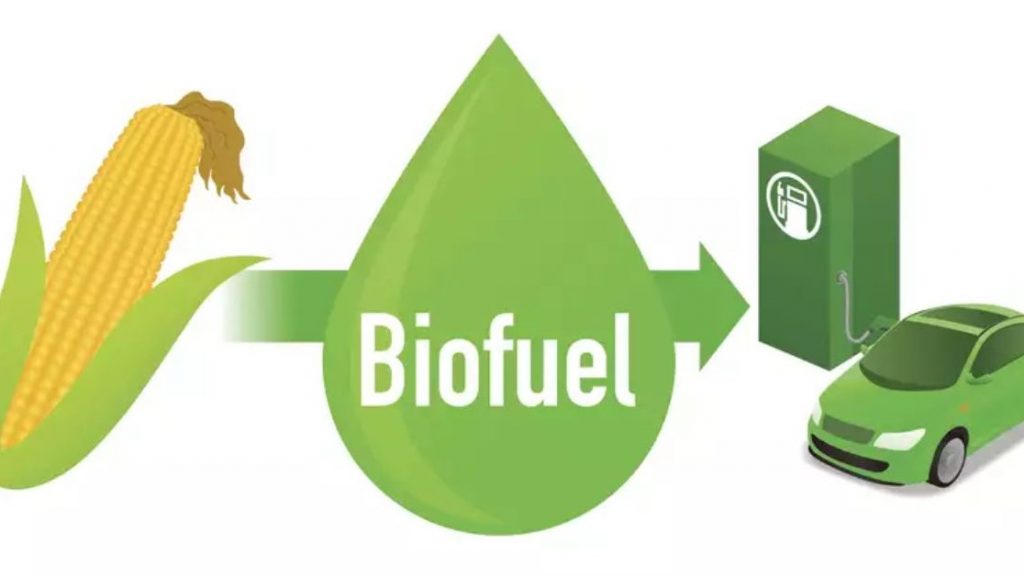India launched the Global Biofuel Alliance, an ambitious initiative aimed at fostering international collaboration and accelerating the development and adoption of biofuels. The official announcement of this groundbreaking alliance came during the Clean Energy Ministerial Meeting in Goa on July 22, 2023, with a formal launch planned at the G20 Leaders’ Summit in New Delhi in September this year. Nineteen countries are standing with India on this.
Having achieved its 10 percent ethanol blending target, also known as E10, five months ahead of schedule in June 2022, India now sets its sights on an even more ambitious objective: achieving a 20 percent blend, or E20, by the end of 2025. Ethanol is a vital biofuel and plays a pivotal role in reducing India’s dependence on fossil fuels while curbing carbon emissions and air pollution.
During his address at the Auto Expo 2023 in January, featuring an Ethanol Pavilion for the first time, Hardeep Singh Puri, Minister of Petroleum and Natural Gas, highlighted India’s remarkable progress in ethanol blending. The country had increased its blending rate from 1.53 percent in 2013-14 to an impressive 10.17 percent by 2022.
This substantial uptick in ethanol utilization had yielded significant benefits, including savings of Rs 41,500 crore (over USD 5 billion) in foreign exchange, a reduction of 27 lakh million tonnes of greenhouse gas emissions, and had supported farmers with payments worth Rs 40,600 crores (approximately USD 5 billion) over the past eight years.
In 2018, India reinforced its dedication to biofuels with the introduction of the National Biofuels Policy. This comprehensive policy framework encompasses blending targets, production incentives, tax exemptions, and import restrictions on ethanol for fuel blending, providing a robust foundation to incentivize and foster the growth of the biofuel industry.
While ethanol blends seamlessly with petrol in current gasoline engines, attaining the ambitious 20 percent blending target requires two key milestones. First, India must increase its ethanol production capacity from the current 700 million liters to 1500 million liters. Second, the nation needs to bolster global trade in ethanol, enabling imports to bridge any deficit in meeting the 20 percent target and exports to manage surplus. This may necessitate modifications to India’s existing National Biofuels Policy of 2018, which currently imposes import restrictions on ethanol for fuel blending.
The Global Biofuel Alliance will serve as an international platform for sharing best practices, promoting sustainable biofuel development, and enhancing its application, particularly within the transportation sector. The alliance will be spearheaded by major biofuel producers—the United States, Brazil, and India—and aims to accelerate the transition to sustainable fuels while reducing reliance on fossil fuels.
Inspired by Brazil’s success, India intends to introduce Flex Fuel Vehicles (FFVs), capable of running on a wide range of fuel blends, from zero to E85 (an ethanol-petrol blend containing 85 percent ethanol and 15 percent petrol). This move will significantly reduce emissions and contribute to substantial savings in India’s crude oil import bill. Once India achieves its 20 percent ethanol blending target, it will become the world’s second-highest ethanol blending country, second only to Brazil’s current rate of 27 percent.
India’s Global Biofuels Alliance stands as a testament to the country’s unwavering commitment to sustainability and a greener future. By fostering collaboration, promoting knowledge sharing, and embracing innovative solutions, India is taking bold steps toward reducing its carbon footprint, enhancing energy security, and transforming its transportation sector.
Tags: G20 Clean Energy Meet Energy, Global Biofuel Alliance, India, Sustainable Fuel



Recent Posts
Port of Brisbane Unveils Vision 2060 to Drive Smarter, Cleaner, and More Connected Future
Wärtsilä to Deliver Hybrid Propulsion Systems for Vertom Group’s New Low-Emission Vessels
Latvian port receives electric Konecranes Gottwald Mobile Harbor Crane
Sustainable Ocean Economy Vital for Human Development, Says UNDP at UN Ocean Conference
Green Hydrogen Costs in India Could Drop by 40%, Says IEEFA-JMK Report
Cavotec Secures €1.55 Million Shore Power Contract for Port of Antwerp-Bruges
APM Terminals and SANY Marine sign landmark agreement to accelerate decarbonisation
The Port of Gothenburg takes big step towards shore power connection for container and car/RoRo vessels